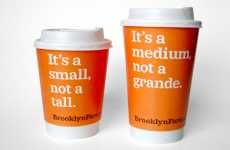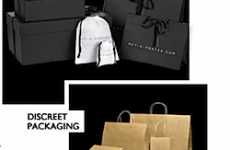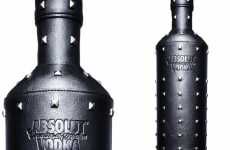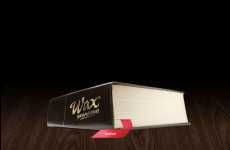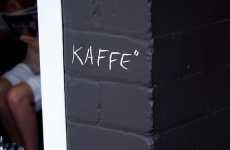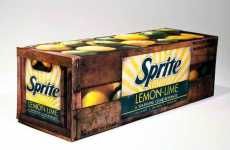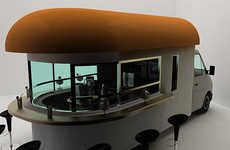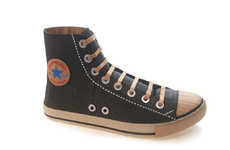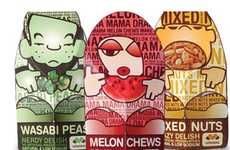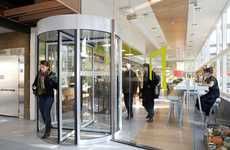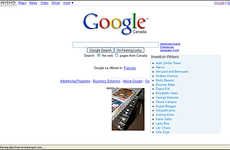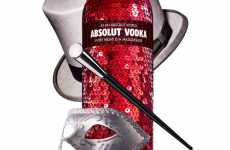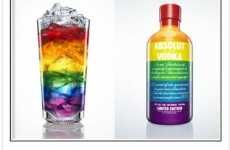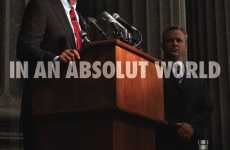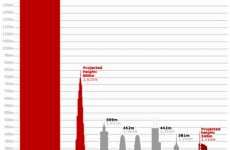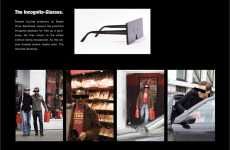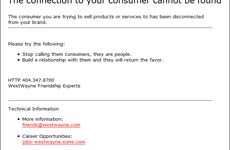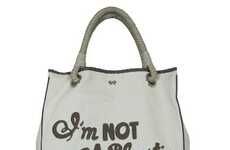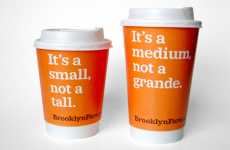



Stealth advertising and anti-branding lure the logo-averse
Implications - The wave of consumers against branding has grown in power, fueled in great part by the recession as credit-crunched consumers blame mega-brands for rough economic times. To win over consumers, indie businesses are promoting independence, while those with big names are dropping logos and rebranding with no brand.
Trend Themes
1. Discreet Consumerism - Logo-less packaging and rebranding efforts by businesses to appeal to consumers who prefer muted branding may present an opportunity for disruptive luxury marketing strategies.
2. Cheeky Packaging Designs - The use of humorous and playful packaging designs, like Brooklyn Fare's, can help small businesses differentiate themselves from their competitors by using ironic humor and satire to create brand loyalty.
3. Mainstream Stealth Branding - Using the anti-branding strategy in coffee shops, clothing brands, and larger corporations like Goldman Sachs and Merrill Lynch to personalize brand identities can inspire a new wave of community-focused branding practices in various industries.
Industry Implications
1. Luxury Goods - The trend of discreet consumerism presents an opportunity for luxury brands to appeal to a wider demographic of consumers who prefer low-key branding and packaging.
2. Food and Beverage - The use of cheeky packaging designs, like Brooklyn Fare's, can be applied to various food and beverage businesses to add humor and personality to their brands.
3. Marketing and Advertising - The shift towards anti-branding and stealth branding can inspire a new wave of community-focused branding practices that redefine what branding means to consumers and businesses, and lead to disruptive innovation in marketing and advertising strategies.
